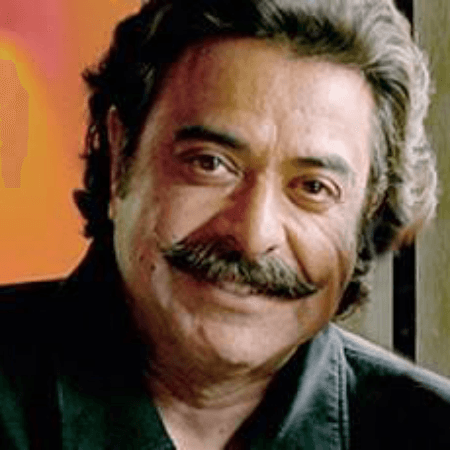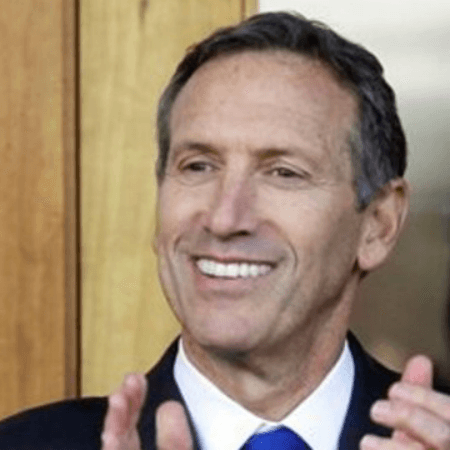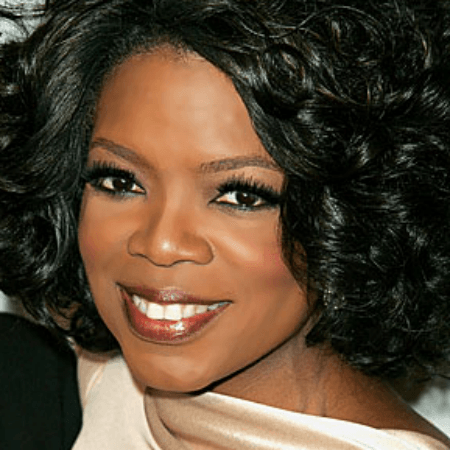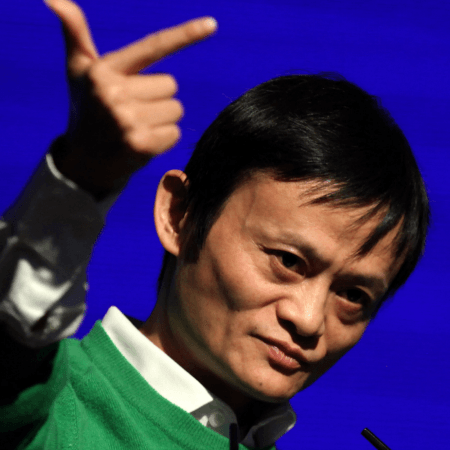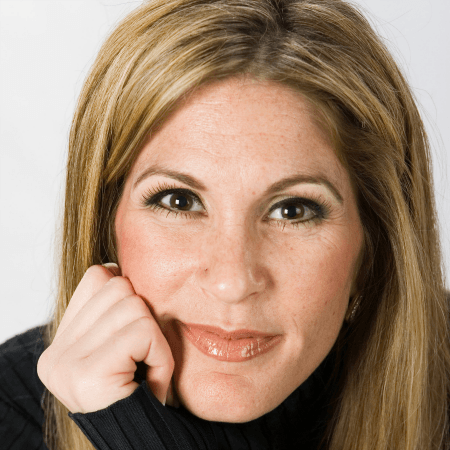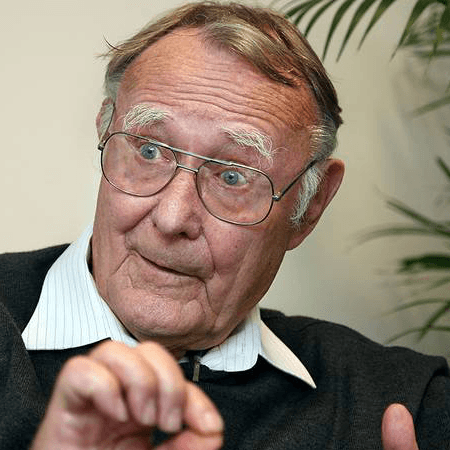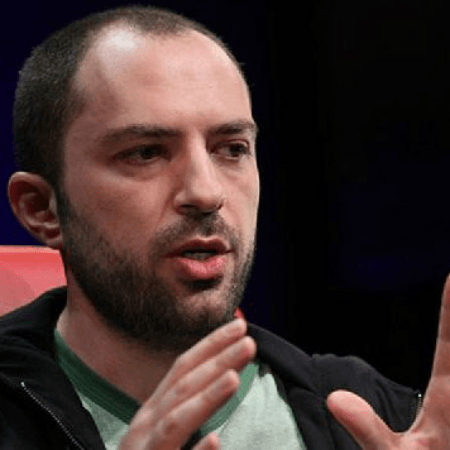What unites all humans is our ability to strive for our dreams: to overcome obstacles, defy expectations, and dare to believe in the most fragile of things – ourselves.
We are not here to deify the super-rich. They are not intrinsically smarter, more enlightened, or happier simply because of their mind-boggling fortunes. There are exceptionally successful people whose impact is not measured in dollars, but in justice prevailing, crafts mastered, children nurtured.
Wealth is not a signifier of worth, but it can signal victory over the fears that haunt us all. To say these people started from nothing is a lie. None of us have nothing. As long as we have air in our lungs and thoughts in our heads, we’ve got some powerful resources to work with. These millionaires and billionaires started with those resources, too, and created so much more.
1. As a lonely student he realized video gaming made him reclusive, so he turned the camera on himself, gaining 31 million subscribers and counting.
Felix “PewDiePie” Kjellberg, the most subscribed YouTuber:
How do you make money just playing video games? You become the guy everybody wishes they could play with. Yes, you’re good, so good that you can pick up any game and play it marginally well the first time. Then you film yourself playing every game out there – especially the stuff no one’s even heard of. But most importantly, you have fun.Felix doesn’t endorse stuff like many YouTubers. He literally just plays video games. And sticks chopsticks up his nose to see if he can sneeze with a straight face. From the beginning, Felix read every comment to learn from his audience. He let their comments be his guide, but he never compromised his conscience. He is genuine, relatable, and honest. He cares more about building his audience through content that meets his standards of integrity and fun than about making money. That’s the guy everyone wants to play with.
2. As a college student, she stopped going to class and chose to invest her parents’ college savings in an idea that is revolutionizing medicine.
Elizabeth Holmes, founder and CEO of Theranos:
Who has the gall to ask, “What is the greatest change I could make in the world?” and actually follow through with it? At nineteen, Elizabeth had an idea that medical testing should be accessible by the people who need the information – the patients themselves.
She didn’t make a big fuss about her idea; she just quietly went about getting it done. “I just decided I would figure out how to make it work.” When asked how she has that much conviction, she answered, “You have to believe in yourself.” Maybe that’s too simple. Or maybe it is that simple.
3. He arrived in the US at 16 with only $500 and worked through college until he went on to engineer a thriving business out of a failing auto parts manufacturer.
Shahid Khan, CEO of Flex-N-Gate and owner of the Jacksonville Jaguars:
Shahid has an amazing talent for turning adversity into opportunity. Throughout his life, when he found himself in situations that seemed completely un-winnable, he has consistently been able to find the one leverage point to turn it all around. As he’s done so, he’s rescued thousands of American jobs that would have been lost without his savvy.
He’s applying his innovative know-how to a new project: re-inventing the Jacksonville Jaguars. If he can turn this team around, he will prove again the power of his never-say-die optimism.
4. Taught remedial English before starting as a stand-up comic at age 40.
Joy Behar, long-time co-host of Emmy-winning talk show “The View”:
Most middle-aged women will tell you they have an unwanted superpower: they’re invisible. When Joy’s divorce went through, she decided she had nothing else to lose. Instead of surrendering to invisibility, she grabbed the mike and demanded to be seen. After years in the biz, she caught the attention of Barbara Walters who brought her on “The View.” She rode that wild ride for 16½ years.
Joy calls it like she sees it. In an interview with John McCain before the 2008 election, she pressured him to answer for his “lies” on air, and this won her the admiration of many who feel that journalists don’t do enough to call politicians to task. Now she is in the position to pursue an abundance of opportunities or enjoy retirement at age 72 with over $8 million in the bank
5. Raised by his mother and disabled father in housing projects, he would go on to create business that became a household name around the world.
Howard Schultz, founder and CEO of Starbucks:
Waking at 4:30 each morning, Howard’s habits of hard work have served him throughout his life. He turned a football scholarship into business opportunities that allowed him to travel internationally. On a trip to Europe, he enjoyed the café culture that was missing in the US. Coming home, he invested in a small coffee shop business and turned it into the global presence we know today.
Because he grew up in a home where his father’s disability condemned the family to poverty, he created one of the most progressive systems of benefits for Starbucks employees. While Starbucks has its critics, Howard takes this criticism personally. He genuinely wants to create a business of passion and substance, which is why he’s up at 4:30 and continually striving to improve.
6. Rose from a frightening childhood to become the daily voice of hope for billions of people through The Oprah Show.
Oprah Winfrey, CEO of Harpo Productions and The Oprah Winfrey Network:
Name the obstacle, and chances are Oprah’s faced it. Poverty, abuse, racism, sexism, excessive weight. She doesn’t hide these struggles, which is one reason why she is able to connect with so many people. In a public forum, she doesn’t parade her issues about, but she doesn’t pretend that they don’t exist either. She, like PewDiePie, is the friend you wish you had.
Oprah also trusts that what fascinates her will fascinate her audience, too. She dares to create what she longs to see in the world. And when she does, she builds foundational systems to sustain projects and seeks out aligned leaders to get the job done.
7. When he couldn’t get hired by KFC, he hatched his own plan to create the largest eCommerce site in China.
Jack Ma, founder of Alibaba:
Jack is a quirky fellow, and those quirks haven’t always worked to his advantage. In fact, for quite a while his life was an embarrassing mess. He never gave up, and eventually found himself on a business trip to the US where he saw the success of eCommerce. He decided he could recreate that in China. Out of an apartment, he began a business that is now worth over $20 billion.
Jack’s success comes from his ability to cooperate with people and create circumstances that solve critical problems. The edge he has over his competitors is that he created a system to address the distrust of eCommerce. Customers weren’t buying because they weren’t sure they would get what they paid for. When Jack led a team to fix this, the business boomed.
8. As a cocktail waitress living in her car, she sobered up to start a multi-million business from a phone booth.
Dani Johnson, motivational author and speaker:
Dani posted handwritten fliers for a weight-loss product in a post office, and from a pay phone she made calls to potential customers. Calling a successful weight-loss center as a customer, she wrote down everything they asked her. Then she called her list of leads and asked those questions. It worked. She didn’t ask for someone to give her permission. She used the little she knew about the world to start something and just repeated what worked.
Dani also learned the greatest key to success: don’t sell the product, don’t talk about yourself, just focus completely on the customer. Get them talking about themselves, listen, and then help them solve their problems.
9. As a boy in Sweden, he sold products door-to-door before starting the furniture company at 17 years old.
Ingvar Kamprad, founder of IKEA:
While you may have never heard of this man, even Fight Club’s Tyler Durden had an IKEA catalog. His anonymity is one of Ingvar’s keys to success. It’s been said that he’s taken the bus to red carpet events and that he’s so thrifty that he keeps salt and pepper packets. He has made a concerted effort to remain an “everyman” so that he stays connected to the people his products are created for.
The other major key to Ingvar’s success: he knows the minute details of his business. His knowledge is encyclopedic. That only comes when a person takes the time learn and realizes that these little details matter.
10. Cleaned floors to support himself and his disabled mother on welfare before creating the messaging app used by billions of users.
Jan Koum, co-founder of WhatsApp:
Jan has a distinct dislike for the clutter advertising adds to our lives. Growing up in Soviet-era Ukraine, advertising was absent from his daily life. When he immigrated to the US at 17, he saw how it affected the visual experience and effected business at Yahoo! where he later worked. WhatsApp does not sell ads and collects as little information as possible about its users so that it can focus on its mission.
Jan’s success has also come from his passion for the idea of private, convenient, inexpensive communication. He knows first-hand what it’s like to not be able to connect with those he cares about or fear that what is said will be monitored for political control. His passion and principles are solid, guiding every choice he makes.



